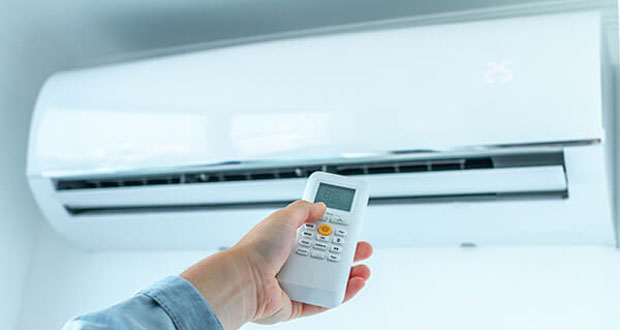Each year, it is reported that there are between 4,000-6,000 cases of Legionnaires’ disease in the UK, killing between 7-12 per cent of all those infected. Although the severity of this disease is extreme, more can be done to raise awareness of prevention amongst the UK population.
Therefore, to provide awareness on World Water Day (22 March), Legionella Risk Assessment experts, Direct365 have issued a warning to businesses about the importance of regular Legionella testing in order to maintain a healthy workplace for employees.
What is Legionnaires’ disease and how does it affect businesses?
Legionella is the waterborne bacteria that leads to Legionnaires’ disease, a form of pneumonia. While the disease can affect people of all ages, Legionnaires’ is especially fatal to people who are elderly, ill or have a compromised immune system.
While the bacteria is known to live in hot water sources such as hot tubs and saunas, within a business it can be found within water tanks, plumbing systems, cooling towers and air conditioning units and thrives in temperatures between 20-45°C or stagnant water systems.
As we enter spring, it becomes increasingly important to test for Legionella in your air conditioning system. The reason being that if your air conditioning unit has not been used for a period of time, there is likely to be stagnant water in the system, which becomes a breeding ground for bacteria as it provides the correct temperature for the bacteria to grow and proliferate.
How can you catch the disease while in the workplace?
People catch Legionnaires’ disease by inhaling droplets of water in the air which contain the bacteria. Therefore, rather than physically drinking water containing legionella bacteria, people will become infected with the disease through breathing it in. Therefore, you should be careful around anything that could create a water mist.
It should be noted however that the disease is not contagious and cannot spread directly from person to person. However, while people with weakened immune systems are at more risk, anyone can catch the disease.
As cases rise in Summer, over 200,000 seeked out information about Legionnaires’ disease in August last year
Cases for Legionella are more prevalent in summer months due to rising temperatures, as the bacteria remains dormant at 20°C and below.
Therefore, it is no shock that we tend to only hear about the disease during the height of summer. For example, last August it was heavily reported in the media that a barge carrying migrants from the UK was evacuated after the discovery of Legionella bacteria in the water supply. This story attracted much attention, with Google searches for ‘Legionnaires’ disease’ reaching 206,830 in August 2023, which is over double the average monthly searches.
Positively, searches for Legionella testing are up 35 per cent in the past year, with an average of 18,970 seeking information on testing each month. Interestingly, this has spiked at the start of 2024, with 21,870 people searching for Legionella testing in February.
How to ensure that your business’s water system does not contain legionella bacteria?
Testing for Legionella in a business involves several steps which will need to be carried out by a professional service due to the complexity of the process and regulations involved. Testing involves:
- Risk Assessment: The first step is to carry out a Legionella risk assessment. This involves looking at areas where there’s a risk of Legionella bacteria proliferating, such as hot and cold water systems, air conditioning systems, and cooling towers.
- Sampling: Once potential risk areas have been identified, water samples are taken. It’s usually suggested to take samples early in the morning when usage is low and Legionella bacteria are likely to be present at higher levels.
- Testing: The samples are then sent to a laboratory where they’re tested using techniques like culture analysis and PCR (polymerase chain reaction) which is a DNA method that detects both live and dead Legionella bacteria, usually giving results within hours.
- Reporting: A report will be compiled outlining the testing details, results, and a tailored action plan for your business to ensure that your business is compliant to the L8 Approved Code of Practice.
Karl Bantleman at Direct365 commented: “The severity of Legionnaires’ disease cannot be stressed enough. While the disease is less common than others in the UK, the significant impact it can have on the health of individuals cannot be missed.
“Routine assessment for Legionella is therefore not just a statutory obligation, but an ethical necessity for all businesses. A comprehensive risk assessment aids in identifying conditions that facilitate Legionella bacteria growth and mitigating them immediately. This therefore ensures the safety of a company’s most valuable assets – its employees.
“Investing in regular comprehensive assessments is a fundamental step towards preserving staff well-being, mitigating risk, demonstrating corporate responsibility, and effectively safeguarding your business against potentially devastating legal and reputational ramifications.”





